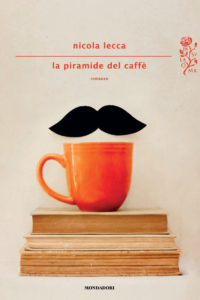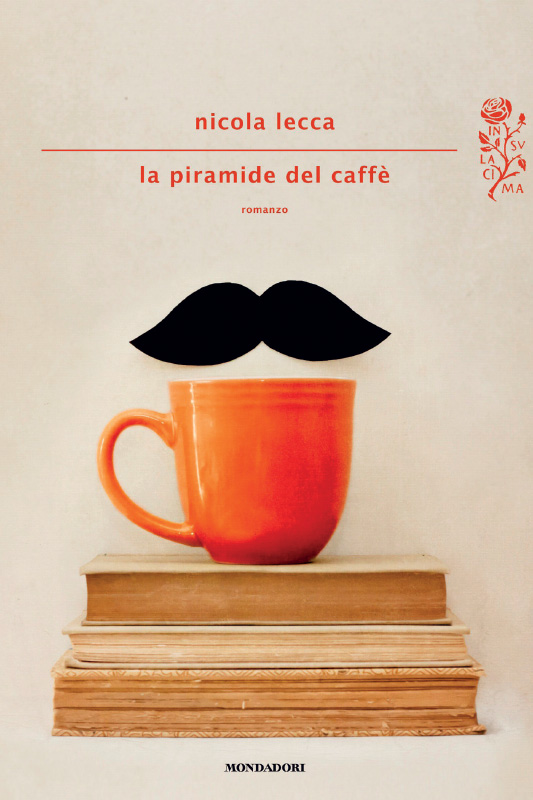The gentle and intense characters drag the reader into the background of a fascinating London. A book with simple plot, but rich in considerations that emerge from the protagonist’s naivety. The hints on labour and immigrant expliotation is interesting.
La piramide del caffè (The coffee pyramid)
by Nicola Lecca

Imi doesn’t know his parents and didn’t have a normal childhood. But in the Hungarian orphanage he grew up, he learnt many things: the art of bartering, the passion and cruelty of every real game, the unhappiness of being lonely and the happiness of small things. When he turns eighteen, Imi can decide what to do with his life, and feels steadfast and strong. For the first time, he crosses the pokey borders he grew up in, and moves to London, where he starts working as waiter in a big coffeehouse chain. From the old lady that accommodates him, to the colleague he becomes friend of, everybody tries to convince him that what in his eyes appears to be part of a good and intelligent mechanism aimed at everyone’s happiness in the crawling roads of London actually is ruled by petty rules connected to profit. Nobody will be able to convince him, until life will take it upon opening his naïve eyes.
The author
Nicola Lecca (Cagliari, 1976) is a nomad writer that used to live in Reykjavík, Visby, Barcelona, Venice, London, Vienna and Innsbruck for a long time. His collection of short stories “Concerti senza Orchestra” [Concerts without an orchestra] (Marsilio 1999) was among the finalists of the Strega award. He received the Hemingway award for literature at the age of twenty-seven. His works are released in fifteen European countries. Due to his artistic merits, Nicola Lecca was also chosen to represent Italy on board Literaturexpress, a train patronized by UNESCO – with 100 writers from 46 countries on board – which travelled from Lisbon to to Moscow in summer 2000. He was also sent to many European countries for Radio Rai, acting as music critic, and wrote and directed the programmes “Grand Hotel” and “Settimo Binario”.

